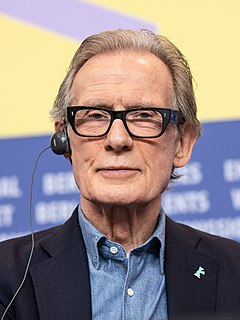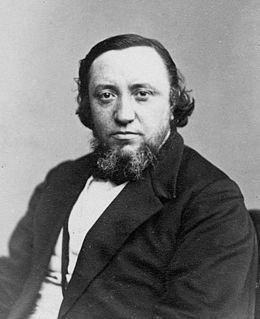A Quote by Horace
Let the fictitious sources of pleasure be as near as possible to the true.
Related Quotes
Christianity cannot erase man's need for pleasure, nor can it eradicate the various sources of pleasure. What it can do, however, and what it has been extremely effective in accomplishing, is to inculcate guilt in connection with pleasure. The pursuit of pleasure, when accompanied by guilt, becomes a means of perpetuating chronic guilt, and this serves to reinforce one's dependence on God.
Museums and art stores are also sources of pleasure and inspiration. Doubtless it will seem strange to many that the hand unaided by sight can feel action, sentiment, beauty in the cold marble; and yet it is true that I derive genuine pleasure from touching great works of art. As my finger tips trace line and curve, they discover the thought and emotion which the artist has portrayed.
I write songs by sitting around in bars, so drinking songs are a little obvious. It's surprising that I don't write entirely drinking songs, since I am, in fact, drinking while writing the song. Drinking and love are the two principal sources of pleasure outside of music. There's only so many sources of pleasure, really. That's about it. Well, there are other arts as well. But none of them are as pleasurable as music, on a physical level.
For me, the whole idea of the radically new is tied to a close reconsideration of older sources. I like to give myself over to those sources, as points of origin, in order to bring things forward. My approach requires me to internalize my sources as much as possible in the hope that new themes might emerge. The material has to be internalized in order for it to live again. Ultimately, paintings reveal themselves on the basis of what they are. They are inseparable from the physical process that goes into their making.





































